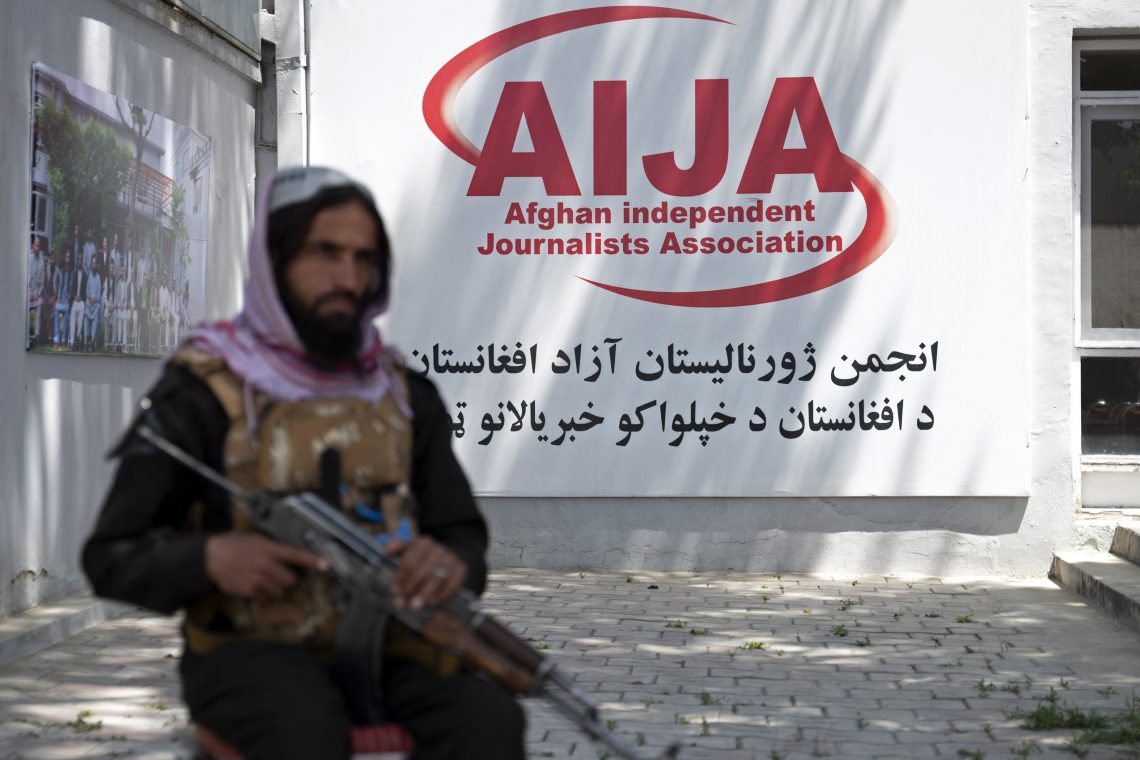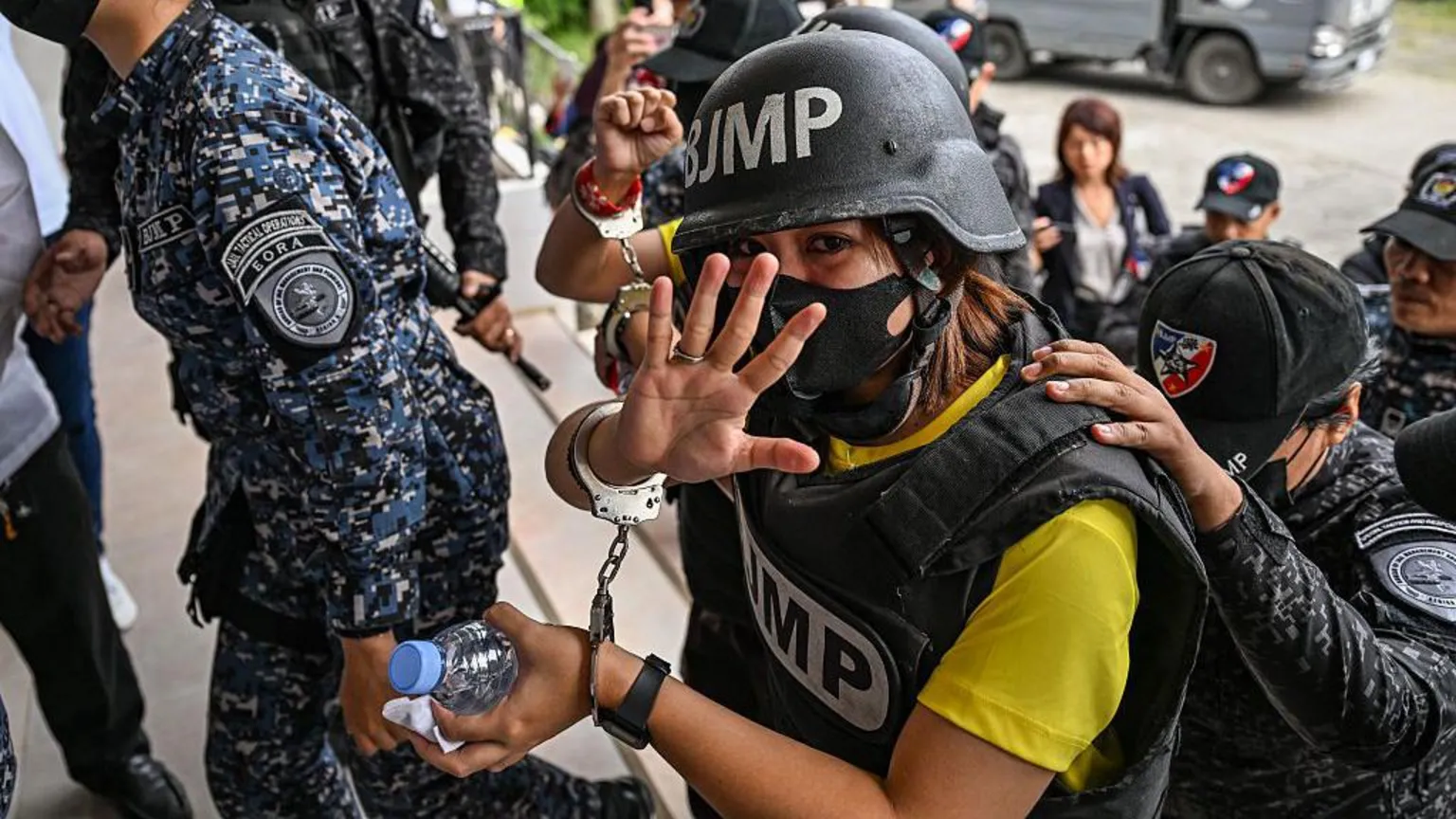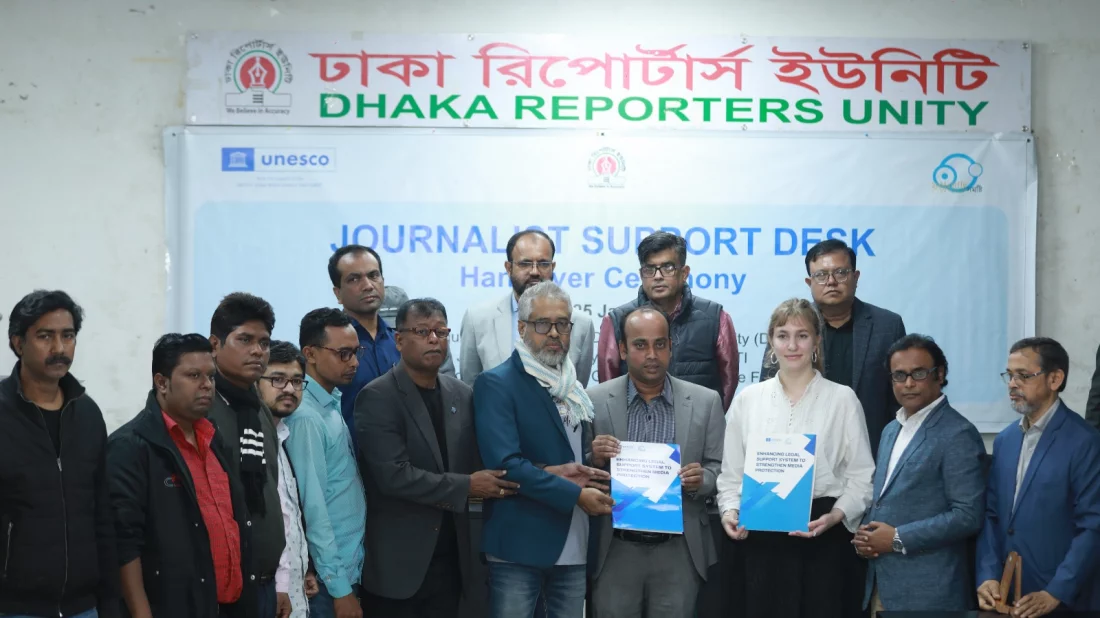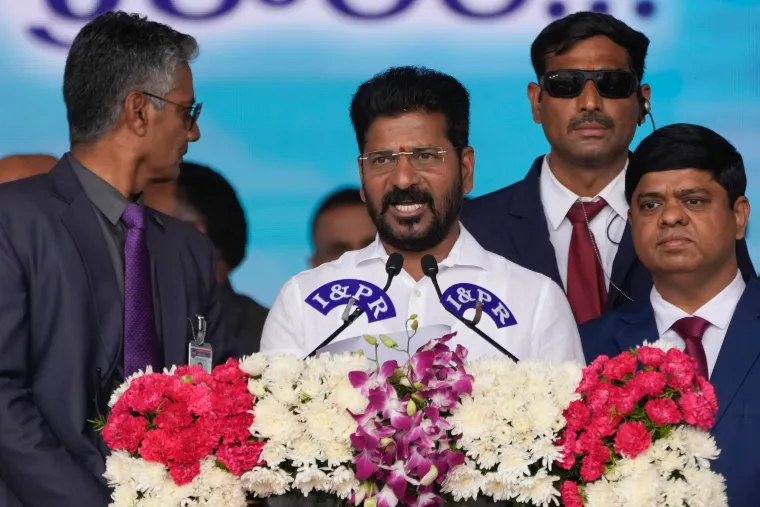
Outrage in Telangana as Chief Minister Threatens Journalists, Two Arrested Over Critical Video
March 17, 2025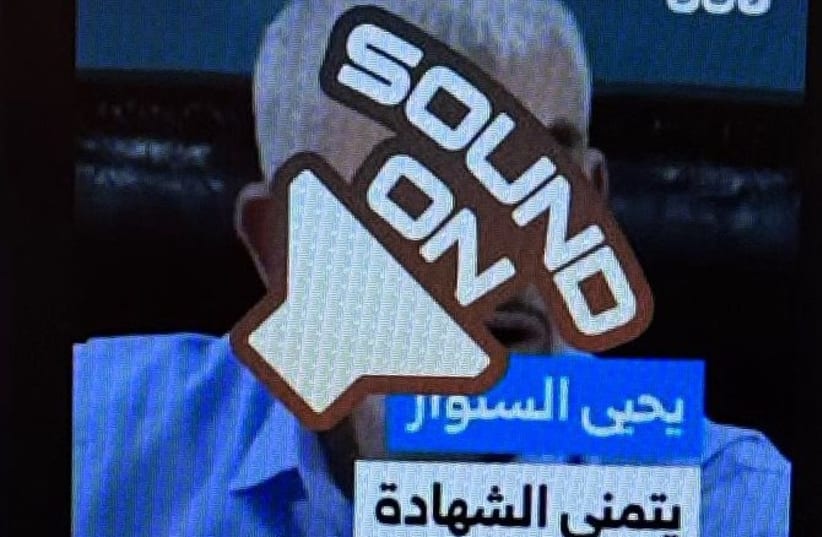
Israeli Journalist Latifeh Abdellatif Arrested for Alleged Incitement Amid Press Freedom Concerns
March 17, 2025March 17, 2025 – India –
Two Telangana-based journalists, Pogadadanda Revathi and Thanvi Yadav, were recently granted bail after being arrested for sharing a video featuring a farmer criticizing Chief Minister A. Revanth Reddy. The video, which went viral, became a flashpoint in ongoing tensions between the media and political leadership. The journalists, both affiliated with the Pulse Digital News Network, were detained on March 11 following a complaint by a Congress social media cell official.
The arrest invoked serious charges under India’s Information Technology Act and the Bharatiya Nyaya Sanhita (BNS), including Section 111, typically reserved for organized crime. This raised alarms among media watchdogs and civil society groups, who viewed the charges as disproportionate and politically motivated.
A Hyderabad court has since dropped the organized crime charge, citing the absence of any evidence linking the journalists to a criminal gang or monetary benefit from the video. Though still facing other legal proceedings, the journalists were granted bail on a personal bond and are required to report to the police twice weekly.
The arrests triggered public outcry across the media landscape, with several journalist unions and press freedom advocates condemning the government’s response. Critics argue the arrests were an attempt to stifle legitimate journalistic inquiry and chill dissent in the state. The fact that the charges were initiated based on the sharing, not creation, of the video, adds to the concern about overreach.
Political leaders, particularly from opposition parties, accused the state of weaponizing the legal system to silence critical voices. The Editors Guild of India and various digital media platforms expressed alarm over the ease with which severe charges were applied against members of the press.
As the legal proceedings continue, the case underscores growing anxieties over press freedom in India, particularly in the digital space. It also highlights how journalists—especially those from smaller or independent outlets—remain vulnerable to intimidation and legal harassment for content that challenges powerful interests.
Reference –

